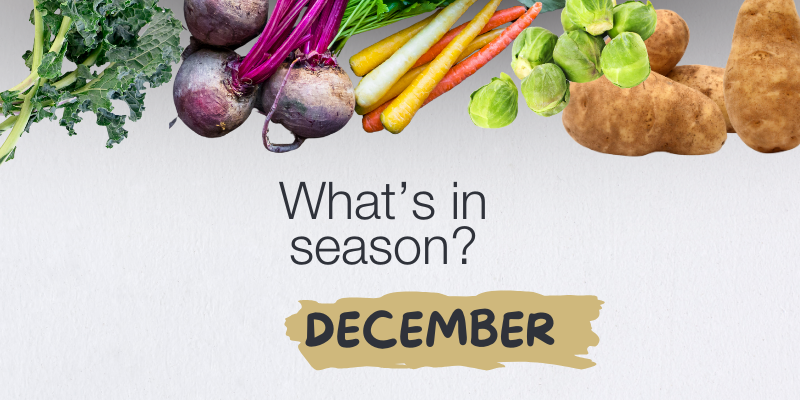Myth: You Only Need to Drink Water When You're Thirsty

Melissa Mamele, RD: For many people, thirst may not kick in until you have started down the path to dehydration. This can be especially true for children, older adults, and people on certain medications. Drinking water before feeling thirsty is a proactive measure to help prevent dehydration. It can be helpful to always keep a reusable water bottle on hand to remind you to drink throughout the day.
Myth: You Need to Drink 8 Glasses of Water a Day
Melissa Mamele, RD: Hydration needs are very personalized and are affected by many factors including activity levels, weather, climate, food intake, age, gender, body size, and sweat level. If you’re regularly drinking less than 8 glasses of water per day, a goal of at least eight 8-ounce glasses (64 ounces) of fluids per day can be a great place to start. The Dietary Reference Intakes recommends women take in at least 2.2 liters (75 ounces) of water each day and men take in at least 3.0 liters (102 ounces) of water each day. It’s important to remember that Colorado has a dry climate and most of us live at higher altitudes, so it is easy to become dehydrated. You can also use your urine color as a guide to know if you are drinking enough. It should be pale yellow to clear in color, like lemonade or lighter.
Myth: Caffeinated Beverages Cause Dehydration

Haley Stevens, RD: Caffeine is a diuretic that causes increased urine production. However, research suggests that the fluid in caffeinated drinks balances the diuretic effect of typical caffeine levels. It is recommended that adults consume less than 400mg of caffeine a day to reduce the risk of negative effects like dehydration, insomnia, and anxiety.
Myth: Clear Urine Always Indicates Proper Hydration
Haley Stevens, RD: The color of your urine is a good indicator of hydration. You may not drink enough water if your urine is dark yellow. On the other hand, if the color of your urine is clear, it may be a sign that you are drinking too much water. If you are consuming enough water, the color of your urine will usually be a pale yellow color.

Myth: You Only Lose Fluids Through Sweat.
Hannah Brown, RD: While our bodies do lose fluid through sweat, it is not the only way. Our bodies regularly lose fluid through breathing, urination, and sweat.
Myth: Drinking Lots of Water Flushes Out Toxins
Hannah Brown, RD: Our kidneys and liver work to neutralize and remove toxins from our body. However, our kidneys need adequate water to expel these toxins in the form of urine. Proper hydration is needed to ensure that this process is efficient, but the water itself does not flush out toxins.
Tips Stay Hydrated
1. Keep a Water Bottle Handy: One of the simplest ways to ensure you stay hydrated is by carrying a reusable water bottle with you wherever you go. Having water readily available makes it easier to sip throughout the day, keeping you consistently hydrated.
2. Set Reminders: In the hustle and bustle of daily life, it's easy to forget to drink water. Set reminders on your phone or calendar to prompt yourself to take regular water breaks. Aim to sip water every hour or so to maintain hydration levels.
3. Opt for Water-Rich Foods: In addition to drinking water, you can also boost your hydration levels by incorporating water-rich foods into your diet. Fruits like watermelon, strawberries, and oranges, as well as vegetables like cucumbers and lettuce, are excellent choices to increase your fluid intake. Check out our Skeleton Smoothie recipe.
4. Infuse Your Water: If plain water doesn't excite you, try infusing it with fresh fruits, herbs, or even a splash of citrus juice for added flavor. Try our infused water recipes.
5. Hydrate Before, During, and After Exercise: Physical activity increases your body's fluid loss through sweat, so it's essential to hydrate before, during, and after exercise. Drink water before your workout, sip on fluids during your exercise session, and replenish lost fluids afterward to support optimal hydration.
6. Listen to Your Body: Finally, listen to your body's cues. Thirst is a signal that your body needs fluids, so don't ignore it. Make a habit of reaching for a glass of water whenever you feel thirsty, and prioritize hydration as a fundamental aspect of self-care.
By incorporating these simple tips into your daily routine, you can ensure that you stay hydrated and support your overall health and well-being.



